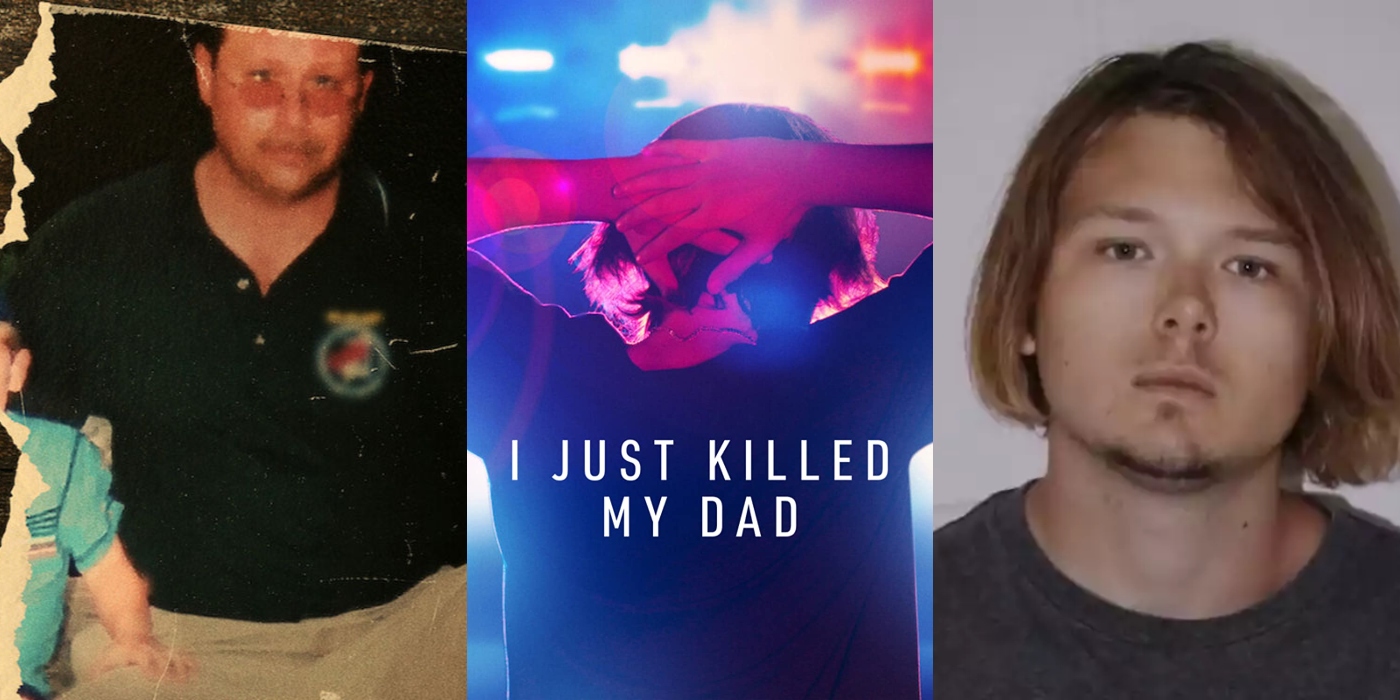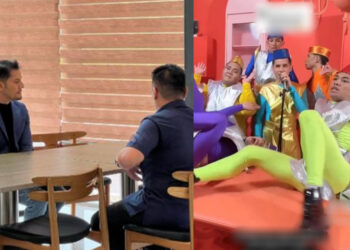For all you true-crime hungry connoisseurs out there looking for a murder fix, Netflix has been a veritable buffet. A feast to feed that macabre appetite for the strange, the violent and the deadly. From charming murderers like Ted Bundy to satanic serial killers like the Son of Sam to necrophiliacs like Dennis Nilsen. While it’s always interesting to hear about these monsters’ deeds from the perspective or law enforcement, victims and the public, it’s a whole different level when we get to hear the killers’ side of the story. The best of kind of true crime documentaries are the ones that give us first-hand accounts and insights into the crimes. Rarely, though, do we get a true-crime documentary told from the perspective of a still living perpetrator of the crime. The killer’s side of the story in the now. Netflix’s “I Just Killed My Dad” is here to remedy that lack.
What really sets this documentary apart from the others is the many facets and angles of the murder. The killer, Anthony Templet did indeed murder his father but there’s more to the story as the marketing claims. So, are there details that will make you question on whether his act was justifiable? More importantly, is there a story worth telling here? Let’s find out!
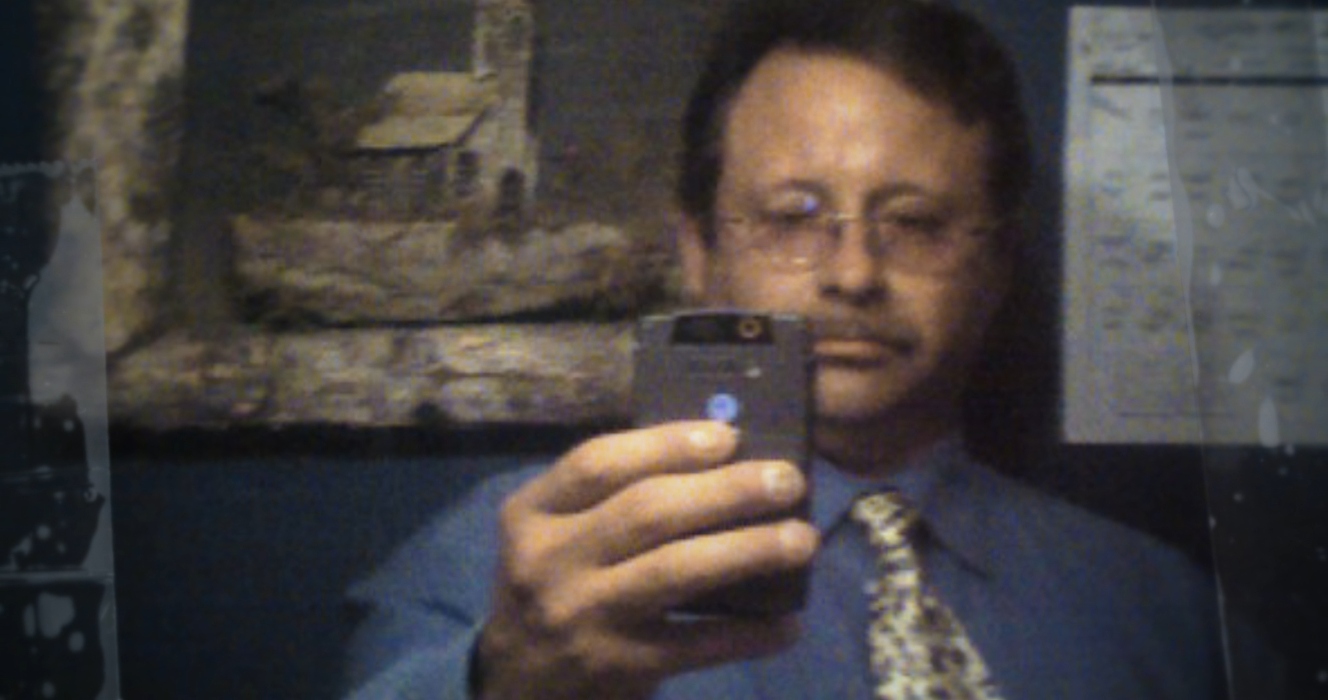
It’s never easy growing up in an abusive household, the feelings of helplessness and anxiety the victims go through can be deeply traumatic. In that regard “I Just Killed My Dad” does a terrific job in conveying to the audience just how terrifying and painful Anthony and his family members’ home lives were with his father, Burt. Eye-witness accounts and testimonies from friends and neighbours paint a dark picture of an insecure, needy man. His latest wife, Susan Templet is Anthony’s stepmother. In spite of Burt’s erratic behaviour, Susan still stayed with Anthony’s father. She even admitted to still loving him.
Then we hear the story of Burt’s first wife and Anthony’s biological mother, Teresa, and it made our blood run cold. Learning about how Burt ruined her life was truly jaw-dropping, going so far as to beat her while she was still carrying Anthony in the womb. Things go truly off the rails when she talks about when Burt kidnapped Anthony and how she hadn’t seen him for years. The young boy was 5 years old at the time and Teresa was scared for her life. At some point, she had to accept the fact she might never see her son again.
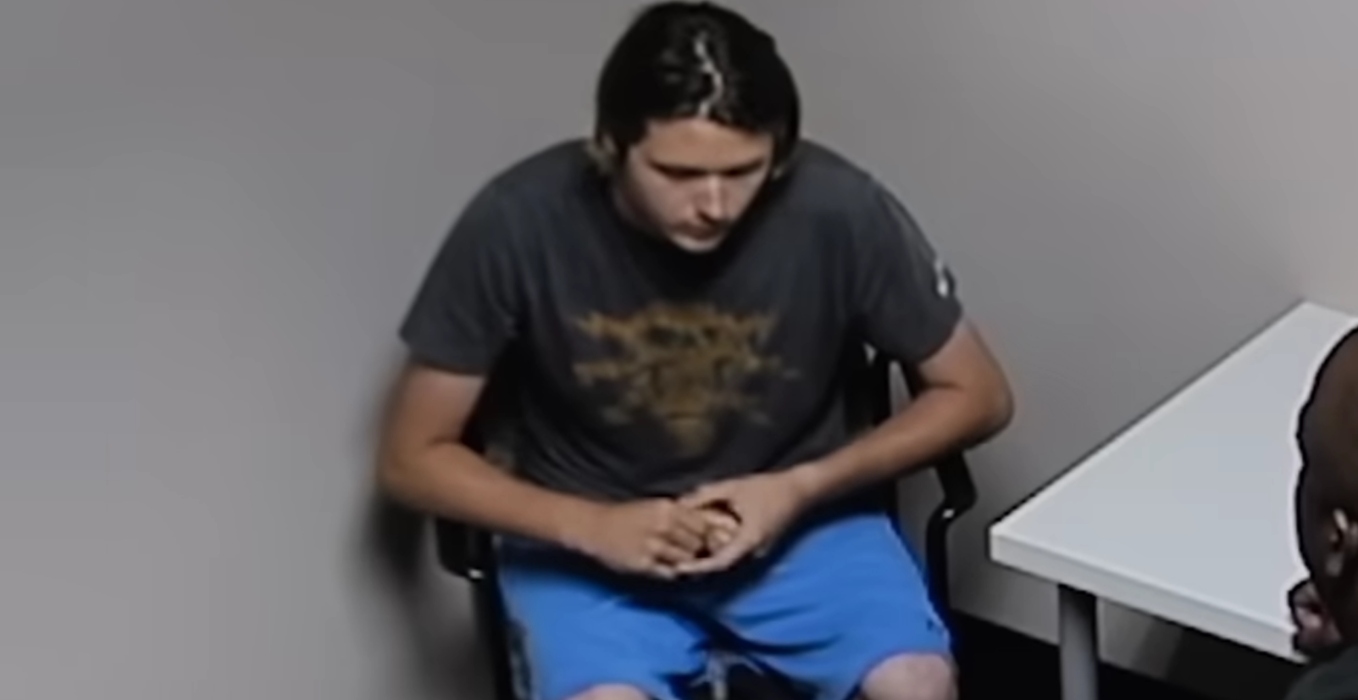
As a main focal point of the docuseries, it was hard to really root or be engaged with Anthony as a personality at first. He’s determined to tell his side of his story but by all accounts, he seems detached from his experience of murdering his father. It makes sense seeing that Burt kept a rather tight leash on Anthony, going as far as to install a GPS tracker on his son’s phone. He clearly suffered at the hand of his father and it has left a psychological damage on his psyche. Near the end, he begins to open up and we finally get a clearer idea of what Anthony’s psychology. While the documentary provides a few conflicting accounts with regards to Burt spoiling Anthony, the cold hard facts about his childhood and Burt’s crimes are so overwhelming, they seem trivial to include. It’s almost as if the series is reaching for some sort balance to add some ambiguity to the narrative.
Which brings us to the opposing voices, decrying Anthony as a murderer.
Due to the young man having no priors before the murder of his father, there’s no real criminal history to draw on here. There is some compelling physical evidence that indicates that the murder could have been pre-meditated. Once all of that is cleared up though, this whole thing seems rather simple: a kidnapped, abused son killed his abusive father. Whether or not you think it’s in self-defense or not is a whole other matter. In an effort to avoid Anthony being painted in too sympathetic a light, his detractors go to great lengths to scrutinise Anthony’s mannerisms and character.
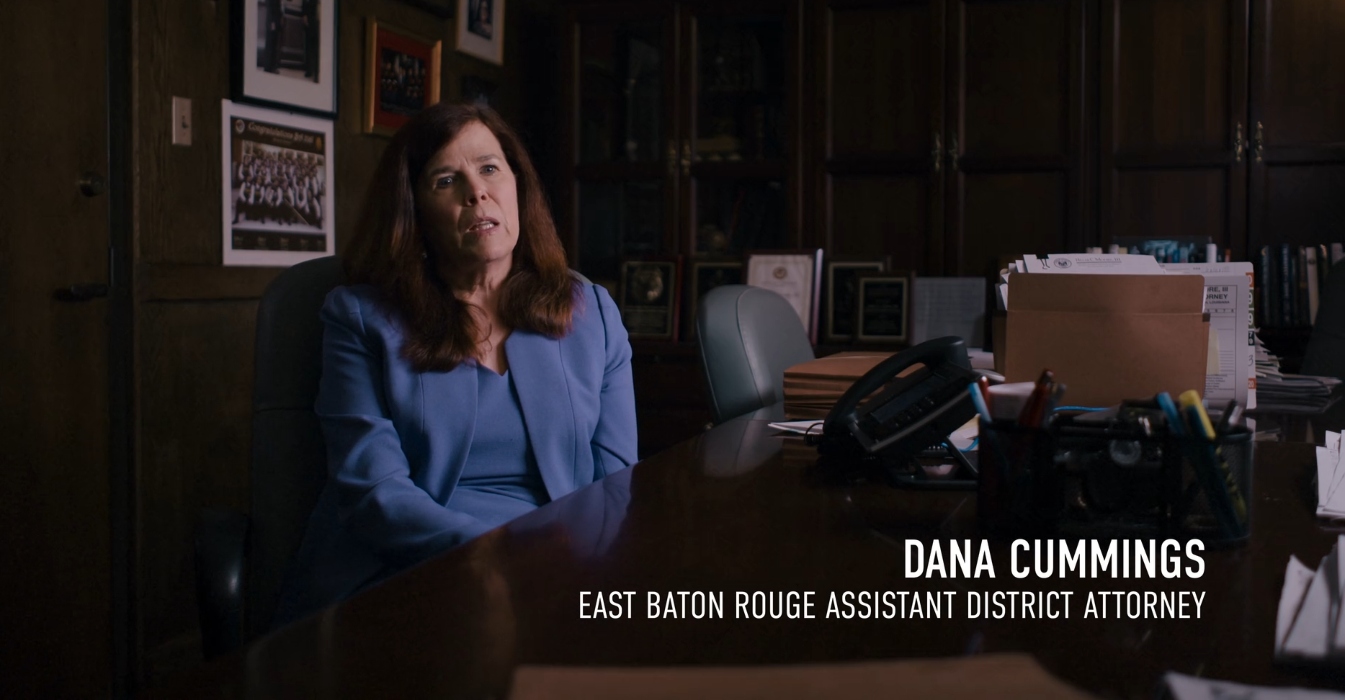
Interviewees like the assistant district attorney, Dana Cummings and a news reporter, Austin Kemker frequently discuss about how there was more to the story at play based on the way Anthony sounded. They would go to great lengths to play up how Anthony expressed little to no remorse over the death of his father. So unless, we’re hearing a proper diagnosis of Anthony’s mental state from a certified criminal psychologist, all this chatter sounds like pointless speculations. All done in the name of maintaining a false balance.
Altogether, the docuseries comprises of three episodes, each around 40 minutes. Much like another docuseries, “The Most Hated Man on the Internet”, “I Just Killed My Dad” has a clear objective with segments that never stretch themselves too thin by exploring tangetial topics. Every participant introduced in the series serves a purpose and it ultimately ends on a succinct, hopeful note that perhaps Anthony can move on with his life and learn to love the people around him. It’s a nice change of pace from the usual villain’s-demise angle that true-crime documentaries so often resort to.
Netflix’s “I Just Killed My Dad” is a breath of fresh air amidst the usual sensationalist-filtired morbid curiosities on the site, which we admittedly do indulge from time to time. Its earnest and heart-breaking account of victims of an abusive man will compel you to see their story through to the very end, even if does prove too painful at times. Rarely do we get to hear the killer’s side of the story and this is one that needs to be heard. A sobering reminder of the humanity that haunts our voyeuristic bloodlust. It’s not an easy watch for sure but one that is significant in its subject matter.

Be sure to catch Netflix’s “I Just Killed My Dad” on Netflix today!
Follow us on Instagram, Facebook or Telegram for more updates and breaking news.
The Review
Netflix's "I Just Killed My Dad" Review
Netflix's "I Just Killed My Dad" is a breath of fresh air amidst the usual sensationalist-filtired morbid curiosities on the site, which we admittedly do indulge from time to time. Its earnest and heart-breaking account of victims of an abusive man will compel you to see their story through to the very end, even if does prove too painful at times. Rarely do we get to hear the killer's side of the story and this is one that needs to be heard. A sobering reminder of the humanity that haunts our voyeuristic bloodlust.
Review Breakdown
- Netflix's "I Just Killed My Dad" Review


